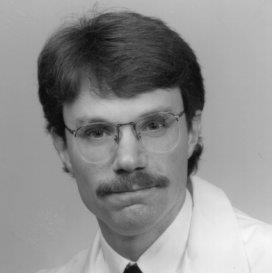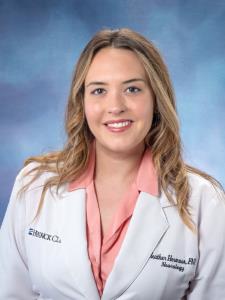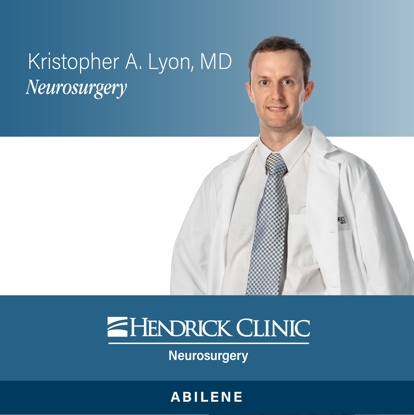
Diagnostic Testing, Treatment & Procedures
Emergency Treatment of Stroke
Much of the damage caused by a thrombotic or embolic stroke occurs in the first few hours following the event. The primary areas of research have focused on the development of new clot-dissolving drugs and medications that make the brain more resistant to stroke (neuroprotective agents).
Drugs that dissolve clots are known as thrombolytic agents. Clinical studies suggest that if given within the first few hours after stroke onset, these drugs may dramatically minimize stroke damage. The Thrombolytic AgentAlteplase, Alteplase (tPA), is given for stroke. Alteplase is used to dissolve artery-blocking clots. Early administration of Alteplase after a stroke can reduce neurological damage significantly.
Diagnostic Testing for Stroke
If you have had a stroke, or have had stroke warning signs or risk factors, it is very important to seek medical attention immediately. Your doctor will work with you to find the cause of your problem and determine the best treatment.
The first step is to obtain a careful medical history. Your doctor or healthcare provider will ask questions about your situation.
Next, you will undergo a thorough physical examination. Your doctor will check your pulse and blood pressure and examine the rest of your body. The neurologic examination includes detailed tests of your muscles and nerves. The doctor will check your strength, sensation, coordination, and reflexes. In addition, you will be asked questions to check your memory, speech and thinking.
Depending on the results of your evaluation, your doctor may need additional tests to fully understand your problem. They may include:
- CT scan (CAT Scan, Computed axial tomography)
- CTA scan ( computed tomography angiogram)
- MRI scan (Magnetic resonance imaging, MR)
- Carotid doppler (Carotid duplex, Carotid ultrasound)
- Transcranial doppler (TCD) (we don’t do these at HMC)
- MRA (Magnetic resonance angiogram)
- Electrocardiography (EKG)
- TTE – Transthoracic Echocardiogram
- TEE – transesophageal echocardiogram
You may also be referred to a neurologist, neurosurgeon, or another medical specialist. Sometimes it takes a while to discover the cause of stroke symptoms, and sometimes the cause of a stroke cannot be determined.
Rehabilitation Following Stroke
Because of the tremendous advances in stroke treatment, along with the ever-increasing sophistication of rehabilitation techniques, the outlook for stroke patients has never been more hopeful.
The ultimate goal of rehabilitation is to return the patient to as independent a lifestyle as possible. Successful stroke rehabilitation is dependent on many factors, including the severity of brain damage and the cooperation of family and friends. Most stroke patients will benefit from some type of rehabilitation.
Hendrick Health Rehabilitation Hospital offers a personalized intensive therapy program for stroke patients.
-
Cynthia G.. Keator, MD
Telepediatric NeurologyView Profile
-
Bonnie H.. Hayashi, MD
NeurologyView Profile
-
Russell S.. Dickerson, MD
NeurologyView Profile
-
Rance A.. Boren, MD
NeurologyView Profile
-
Heather E.. Hermoso, NP
NeurologyView Profile
-
Antao Du, MD
NeurologyView Profile
-
Sunhee Kim, MD
NeurologyView Profile










-Cropped-more.jpg)





